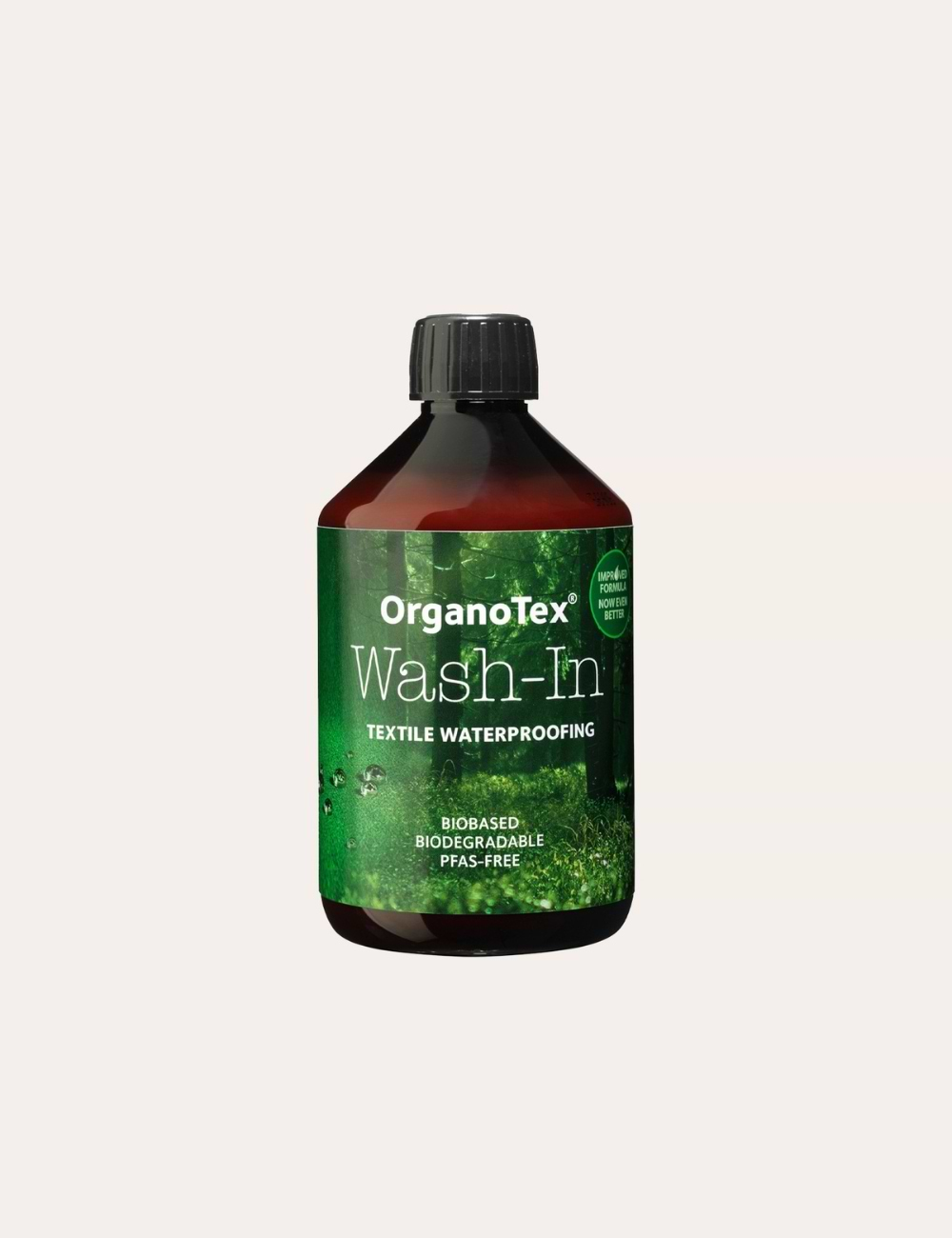Meet bamboo
29 October 2025
Wusstest du, dass du mit der richtigen Imprägnierung und milden, hochwertigen Waschmitteln die Lebensdauer deiner Kleidung verlängern kannst? Hier findest du einen Ratgeber mit OrganoTex-Produkten – unsere Top-Empfehlung, um die Schutzbarriere deiner Kleidung wiederherzustellen und sie länger funktional und gepflegt zu halten.

If you’ve ever worn a garment made from bamboo, you know that indescribable softness and the light, cool sensation that caresses your skin. It feels like an extra layer of skin—and we’re talking skin as smooth as a baby’s bottom. 🥰
We could write an entire article about how soft and silky our bamboo garments are, but you’re probably more curious about what makes bamboo so special that we’ve brought in a whole family of it.
First, we want to clarify that when we talk about bamboo and textiles, we’re actually referring to bamboo fiber. It’s the bamboo fibers that give the fabric its amazing and unique properties.
The fabric provides a fresh feeling and incredible comfort thanks to the softness of the bamboo fibers. You’ll feel fresh and dry for much longer because the fabric wicks away moisture. It also offers natural UV protection, and the fabric is hypoallergenic, making it perfect for those with sensitive skin or allergies.

Five Benefits of Bamboo
Super Soft
Bamboo is to cotton what cashmere is to wool—a softer, more luxurious feel. Bamboo feels amazing even against the most sensitive skin. In addition, bamboo viscose is three times more absorbent than cotton. By wicking moisture away from the skin, it keeps you dry and comfortable.Stays Fresh Longer
It’s bacteria that make your clothes smell. Because moisture doesn’t settle in the fabric as it does with synthetic materials, air can’t reach the odor-causing bacteria. Your clothes stay fresher longer, allowing you to wear them multiple times before washing.Gentle on Skin
For sensitive or allergy-prone skin, bamboo fabric is perfect. It’s anti-static and soft, so it won’t irritate your skin.Temperature Regulation
With bamboo, we can create clothing that is dense enough to keep you warm while still allowing the fabric to breathe, so you don’t overheat. Physical activity often involves going from cold to hot and back to cold again, and bamboo helps maintain an even temperature.Wrinkle-Resistant
Thanks to the unique bamboo fibers, the fabric is almost impossible to wrinkle. Garments hold their shape exceptionally well, even after many washes.
A Sustainable Resource
Bamboo is one of the world’s most sustainable resources, partly because it grows quickly and requires very little water—actually, it can thrive on rainwater alone. Bamboo also doesn’t rely on chemicals, fertilizers, or pesticides.
When harvested, only the shoots are needed, leaving the roots intact so new bamboo shoots can grow again. Bamboo can be harvested about 4–6 times per year and grows either in the wild or on plantations. Our bamboo is, of course, cultivated on plantations to ensure that endangered species are not affected.
Bamboo produces roughly ten times more per square meter compared with cotton. In many ways, bamboo is better for the environment than cotton—not just the plant itself, but also the cultivation and production process make it a more sustainable choice. Bamboo needs nothing but sunlight and rainwater to grow. It requires no pesticides, insecticides, or fertilizers, making it extremely eco-friendly. Only the shoots are used for fabric, leaving the roots to continue producing new shoots from the same plant.
A Sustainable Product That’s Good for the Environment
Bamboo helps clean the air we breathe. Bamboo grass absorbs five times more CO₂ from the air than an equivalent amount of deciduous trees. Not only that, two-thirds of the carbon is stored in the soil and root system—which, unlike trees and cotton, remains largely intact when the bamboo is harvested, keeping the carbon in the ground. Bamboo also releases 35% more oxygen than its deciduous tree counterpart.
No Harmful Pesticides
Bamboo doesn’t need pesticides to thrive. Pesticides can contaminate drinking water and cause serious damage to soil health and surrounding ecosystems.
Reduce Your Footprint
Because bamboo stays fresh longer, it requires less washing. The way we wash our clothes has a huge ecological impact, and cutting down on laundry (especially tumble drying) drastically reduces the carbon footprint of your garments.
Did you know…
Most bamboo species grow between 5 and 20 cm per day? The world record is 91 cm per day. That’s what we call a fast-growing plant!
There are different types of bamboo. Some grow more than 30 meters tall and 20 cm in diameter.
Bamboo can grow both in forests and on plantations. Our bamboo is harvested exclusively from plantations with certified suppliers.

